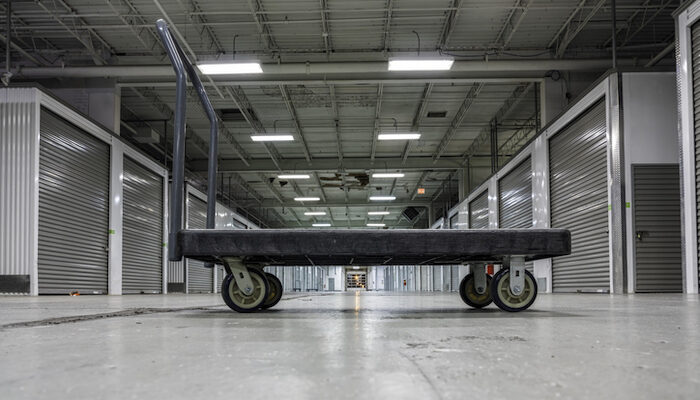Vandalism cost small businesses an average of nearly $3,500 per incident. Lost sales, repairs and replacements, business interruption, are among the many losses your self-storage facility can face after experiencing a crime. Plus, the attack doesn’t always come from the outside; sometimes, employees or customers cause a loss. These crime prevention tips will help you protect your business from financial damage.
Develop Cash-Handling Procedures
Small businesses and enterprises alike experience money theft. Much of the time, employees don’t follow best practices for handling cash — mainly because they are untaught. As a result, employee training goes a long way to protect your money. Besides keeping your eye on your money, try keeping less cash on-site and investing in cash management technology to boost your accuracy.
Also, consider reviewing your cash-handling history. Do you continually experience differences? Or is your petty cash in the same drawer as your slush fund? Do you have a schedule for handling money, and have you been strict about following those procedures?
Although each loss might only add up to a few bucks, the financial damage can be significant over time. Look for ways that you and your employees can tighten up cash-handling procedures.
Screen Employees Thoroughly
Employee theft accounts for over one-third of business bankruptcies. As astounding as this fact is, small businesses often take the brunt of the damage. Unfortunately, it’s tough to screen employees to avoid petty theft or even cash larceny. Consider the five most popular ways businesses experience employee theft:
- Inventory theft
- Data theft
- Payroll theft
- Theft of services
- Theft of cash
If you plan on entrusting any number of employees with cash handling, product or service management, or sensitive information, you must follow a vetting process for these individuals. Naturally, it’s challenging to screen candidates for every single kind of theft. After all, up to 75% of all employees have stolen something from an employer at one time. Whether it’s walking out with a company pen or stealing cash funds from the register, employee theft is widespread.
Nevertheless, consider pre-employment screening as your first line of defense against employee theft. Talk to a candidate’s previous employers, complete a background check, or examine social media for examples of questionable behavior.
Update Your Security
Self-storage facility owners struggle finding the best locks continually. Vandals can cut padlocks and bust through weather-worn fences or gates. Consider upgrading your traditional padlock for safer alternatives. Invest in security cameras, and keep the cash box or register area under constant surveillance.
Also, install lights around your property to repel burglars during non-business hours. If you have an on-site safe, change the passcode or combination regularly, and make daily bank deposits instead of keeping money in your office overnight.
These simple changes might seem like minor adjustments, but they will help prevent crime from causing your self-storage facility financial damage in the long run.





